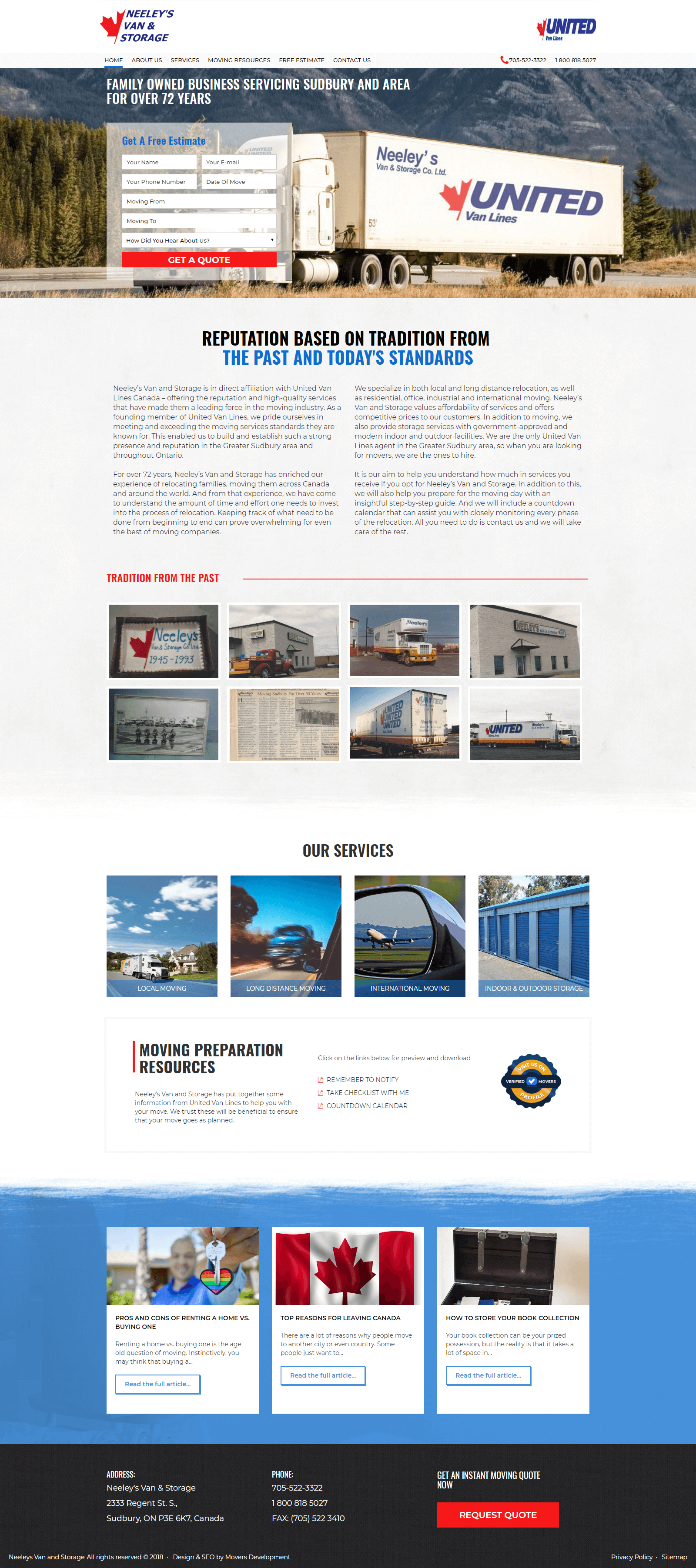Everything About Moving Between States Step-by-Step
Everything About Moving Between States Step-by-Step
Blog Article
Moving between states isn’t just a matter of distance; it involves choosing the right transport partners.
This article offers a unique look at how to handle long-distance moving effectively.
Stay with us to discover how to ensure a smooth relocation across state lines.
Why Moving Across States Requires Special Planning
This means only certified and insured companies can legally handle your goods interstate.
For example, some states have agricultural checks, item bans, or specific rules on transporting vehicles.
Most importantly, the logistics are more complex: multi-day delivery windows come into play.
Finding the Perfect Cross-State Moving Partner
Sites like Better Business Bureau and FMCSA’s mover search tool are great resources for screening movers.
Request detailed quotes from at least three companies.
Taking time to vet your moving company can save you stress, money, and avoidable delays.
Understanding Interstate Moving Price Calculations
Another key factor is the weight or volume of your shipment; heavy or bulky loads increase both transport and handling fees.
Additional services can also raise the bill.
Lastly, access conditions impact costs.

Effective Planning for Moving Between States
Break tasks into weekly checklists: research movers, declutter your belongings, gather packing materials, and notify schools, banks, and utilities.
Decide what to sell, donate, or discard to reduce weight and save on moving costs. Less volume often translates to lower transport fees, so decluttering pays off.
This ensures you’re comfortable and organized even if your shipment is delayed or you need time to unpack.
Comparing Different Interstate Moving Services
Partial-service movers let you pack your own boxes while they handle transportation and heavy lifting, reducing costs.
Container services (like PODS) offer flexibility: you load the container yourself, and the company transports it across state lines.
Understanding your specific needs ensures visite o link you select the best option for a smooth and cost-effective interstate relocation.

How to Prevent Problems During an Interstate Move
Many people wait too long to book movers, only to find limited availability or higher rates.
Another common pitfall is failing to check mover credentials.
Using cheap boxes, skipping labels, or failing to protect fragile items increases the risk of breakage.
Budget-Friendly Strategies for Interstate Relocation
Every extra pound adds to the total bill, so sell, donate, or recycle items you no longer need.
Some movers offer price matching, discounts for flexible dates, or savings for booking during off-peak seasons.
Pack non-fragile items, disassemble simple furniture, or transport valuables in your own vehicle.
Wrapping Up Your Interstate Moving Journey
Whether you’re relocating a small apartment or a full household, understanding the process empowers you to make informed decisions.
Remember: the best moving experience combines preparation, trusted professionals, and flexibility to handle surprises.
As you get ready to embark on your interstate move, stay organized, communicate clearly with your movers, and keep your goals in sight.
Common Questions on Long-Distance Moves
Are there budget-friendly options for moving out of state?
You can also pack and load yourself to cut labor costs while hiring movers only for transport.
What’s the best timeline for booking interstate movers?
It’s best to book movers at least 6–8 weeks in advance, especially during busy seasons.
Are there things I can’t include in an interstate move?
Properly disposing or transporting restricted items yourself avoids legal and safety issues.
Do I need extra coverage for my interstate move?
Most interstate movers include basic valuation coverage by law, but it’s minimal.
How do I know where my shipment is?
Staying informed reduces anxiety and helps you plan for delivery day.
Report this page